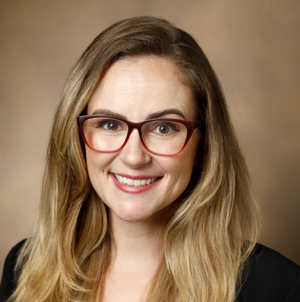There’s an old joke that gets passed around teaching hospitals: don’t get sick in July. Why? July 1 is when the new residents arrive on the floors of the hospital, fresh from medical school and with limited patient care experience under their belts.
Television medical dramas like to portray residents as bumbling indentured servants at the mercy of eye-rolling nurses and demanding attending physicians. While the role of the resident has evolved, they continue to walk a fine line between being a student and an employee, but the residents’ primary purpose or reason for participating in the program is to further his/her education, skill, and ability in the practice of medicine. They provide a service to the hospital, and in return, receive an education from patients, faculty and staff. They dedicate most of their young adult lives to a rigorous training program, which lasts from three to seven years.
Somewhere along the way, they become the teachers, mentoring medical students and younger residents. The system of “see one, do one, teach one” has endured for 100 years, but Vanderbilt’s Office of Graduate Medical Education (GME), first under the direction of Fred Kirchner, M.D., who led it for 20 years, and now Donald Brady, M.D., MD ‘90, who succeeded him in 2008, has raised the standard and has implemented a number of innovative programs to support, nurture, educate and graduate the next generation of physicians.


















